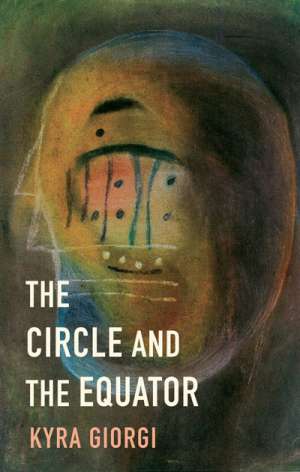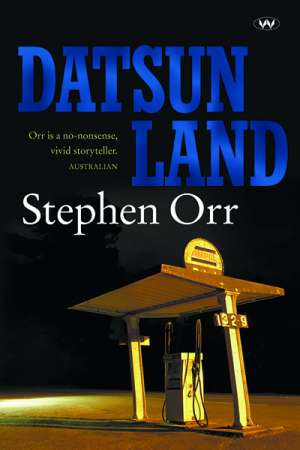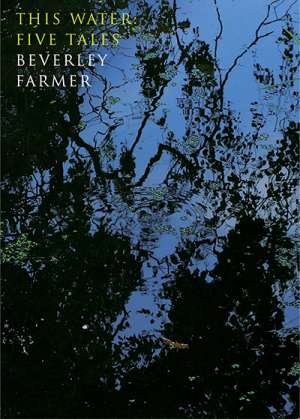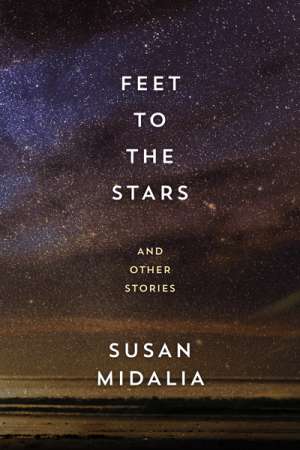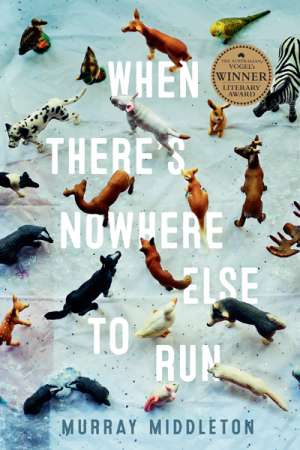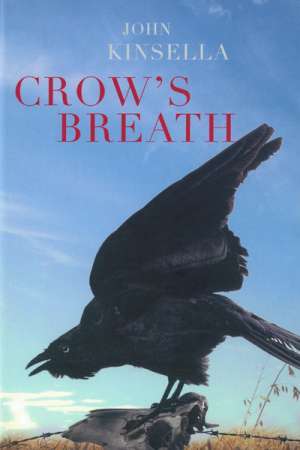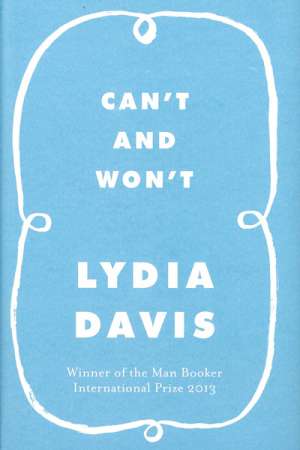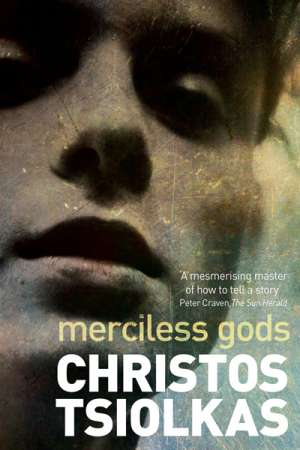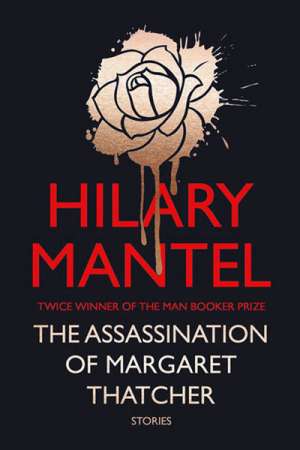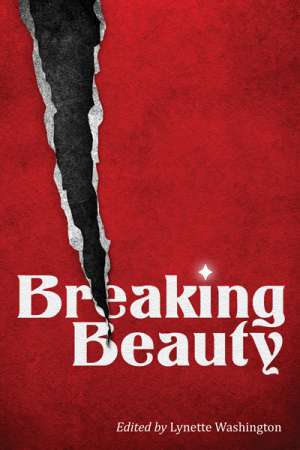Short Stories
The past is a foreign country: they do things differently there.’ L.P. Hartley’s now proverbial observation at the start of The Go-Between (1953) functions as a statement of fact and a warning. The writer who wishes to traverse the terrain between a nation’s present and its past must navigate a minefield – linguistic, cultural, and historical. Therefore, when you attempt to navigate not only across time but across nations ...
... (read more)Datsunland, a collection of short stories and the latest from Stephen Orr, is in many ways flawed. The collection is uneven: the final (titular) work is a novella previously published in a 2016 issue of Griffith Review, which overwhelms the earlier, shorter stories, exhibiting the depth and nuance which several others lack. The narratives and chara ...
Anna MacDonald reviews 'This Water: Five tales' by Beverley Farmer
There is a distinct poignancy attached to last things, a sense in which they encapsulate all that has gone before at the same time as they anticipate an end. In the moment of their first manifestation, last things are already haunted by their own absence. This Water: Five tales is the first book by Beverley Farmer to be published since 2005, and has been announced as her last work.
... (read more)Cassandra Atherton reviews 'Feet to the Stars' by Susan Midalia
Susan Midalia's Feet to the Stars references Sylvia Plath's poem 'You're', in which Plath addresses her unborn child: 'Clownlike, happiest on your hands, / Feet to the stars, and moon-skulled, / Gilled like a fish ...' This clever title foreshadows Midalia's exploration of children in the family dynamic and the use of intertextuality, which are integral to ...
Laurie Steed reviews 'When There's Nowhere Else to Run' by Murray Middleton
Our national literary landscape would be seriously depleted without The Australian/Vogel’s Literary Award. It jump-started the careers of Tim Winton, Julienne van Loon, and Andrew McGahan, authors who have been willing to explore the harsher aspects of ...
Francesca Sasnaitis reviews 'Crow's Breath' by John Kinsella
Recently I drove east from Perth through wheat belt country to the Helena and Aurora Ranges, past Cunderin, Kellerberrin, and Koolyanobbing, towns whose names echo the rhythms of the landscape; past the shimmering salt pan that was once Lake Deborah East; down rutted tracks which changed abruptly from red earth to yellow sand; past the ravages of iron ore mines to t ...
Reading Lydia Davis’s stories is akin to getting new glasses – or glasses for the first time. Suddenly the world shifts into sharp, bright focus. Disturbing. Disorienting. What you see, or understand, won’t necessarily gladden your heart. It may pique it, but you may not want to be brought so close to life, to the poignancy of it all. Not at first, anyway.
Davis seems to think so too. Or she plays at thinking so. ‘Oh, we writers may think we invent too much – but reality is worse every time!’ she says, at the end of a perfect fourteen-line narrative (called ‘The Funeral’) translated from Flaubert.
... (read more)Christos Tsiolkas has established himself as a fiction writer to be reckoned with, especially since the publication of the explosive Dead Europe (2005) and the bestselling The Slap (2008). His latest novel, Barracuda (2013), marked a return to the adolescent anger and simpler naturalism of his early work. So his new volume of stories, Merciless Gods, may offer some help in understanding the trajectory of his career and his changing interests.
... (read more)Jane Sullivan reviews 'The Assassination of Margaret Thatcher' by Hilary Mantel
If you think of writers as constructors, then Hilary Mantel is surely a builder of cathedrals. Two cathedrals, in fact: her two Man Booker Prize-winning novels about Thomas Cromwell and his England, Wolf Hall (2009) and Bring Up the Bodies (2012), are soaring, intricate, and gigantic. And there is another cathedral, a third in the trilogy, on the way. Vast as these enterprises are, Mantel can also do small and beautiful: here are ten lustrous short stories to prove it. I can’t think of any kind of architecture that compares. They seem more like a string of dark pearls.
... (read more)Cassandra Atherton reviews 'Breaking Beauty' edited by Lynette Washington
The authors of the stories in Breaking Beauty are graduates of the University of Adelaide, which Brian Castro (a professor there) reminds us in his introduction is ‘the first and best creative writing college in the country’. However, as an advertisement for creative writing at Adelaide University, this collection has limited success. While the contributors’ biographical notes are impressive – most have published a book, and there are winners of major national awards – the quality of the stories is uneven. J.M. Coetzee’s testimonial points to this with his focus on ‘the best of the writers in this collection [who] take us outside our comfortable selves’. Indeed, some of the best – like Stefan Laszczuk’s ‘The Window Winder’ with its image of decapitated heads kissing, Sean Williams’s ‘The Beholders’ as a clever Twilight Zone-esque tale of aesthetics, and Katherine Arguile’s beautiful ‘Wabi Sabi’ with its magical realist components – are masterful explorations of the uncanny.
... (read more)
